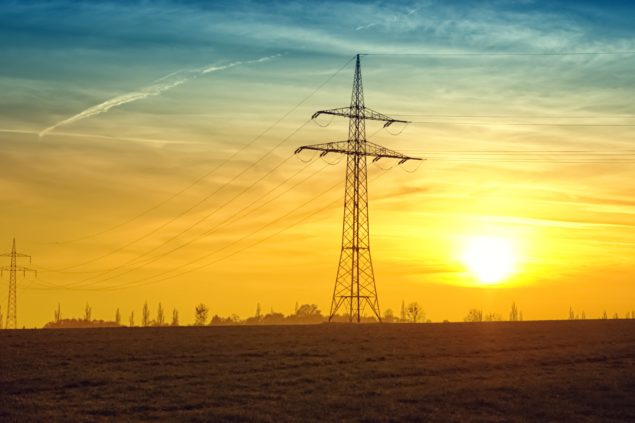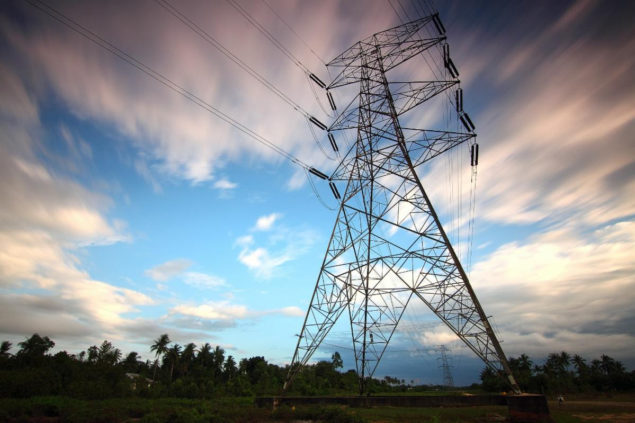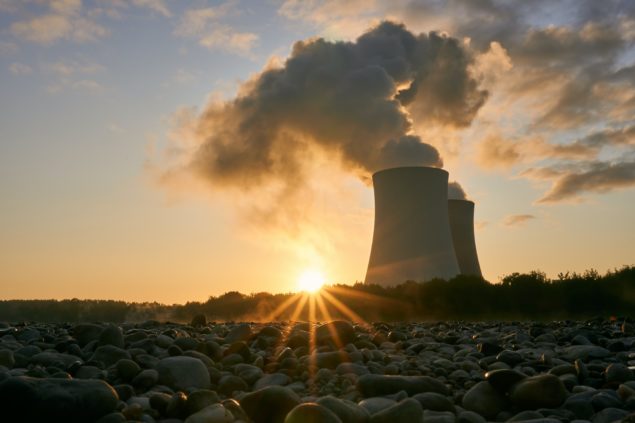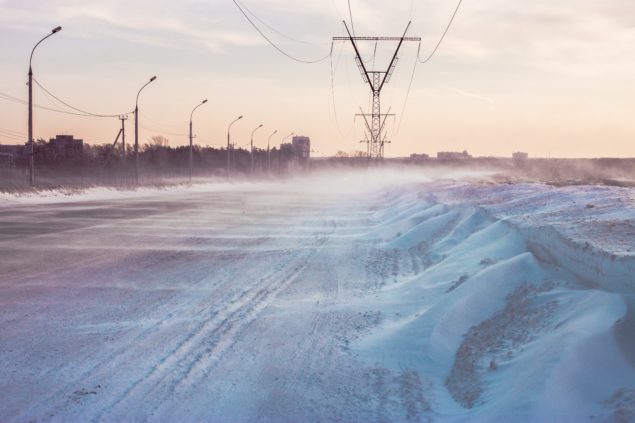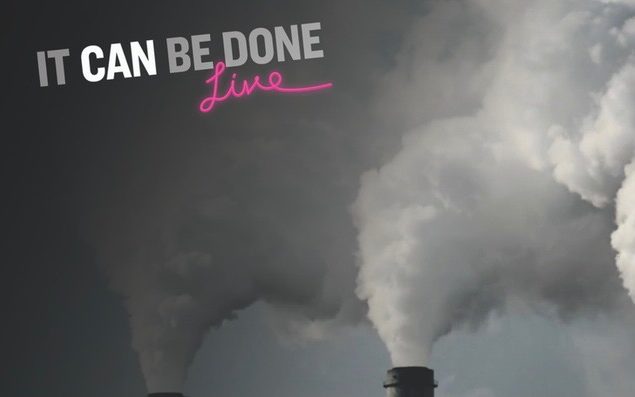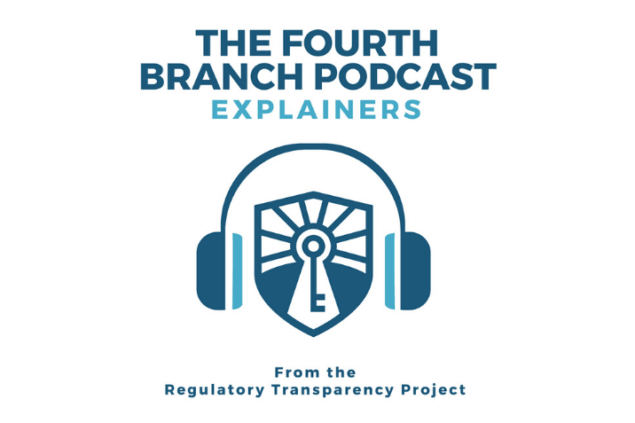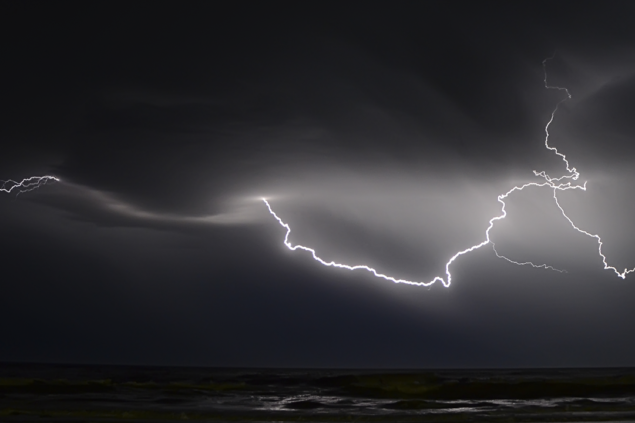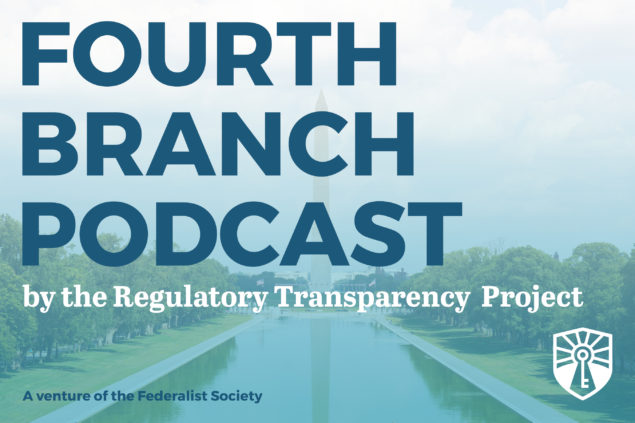James W. Coleman
Robert G. Storey Distinguished Faculty Fellow and Professor of Law
Southern Methodist University Dedman School of Law

James W. Coleman
Robert G. Storey Distinguished Faculty Fellow and Professor of Law
Southern Methodist University Dedman School of Law
James Coleman received two degrees from Harvard University — a J.D. (cum laude) and B.A. in biology (magna cum laude with highest honors in the field). Upon graduation from law school he served as clerk for Eighth Circuit Judge Steven Colloton, and then practiced energy, environmental, and appellate law as an associate in the Washington, D.C., firm of Sidley Austin LLP for three years.
Prior to joining SMU, he was on the faculty at the University of Calgary, where he taught at both the law school and the business school. Before Calgary, he served on the faculty at Harvard Law School as a Climenko Fellow and Lecturer on Law.
Coleman’s scholarship addresses regulation of North American energy companies, focusing on how countries account for and influence regulation of fuel and electricity in their trading partners and how global energy companies respond to competing pressures from investors and regulators in multiple jurisdictions. He publishes the Energy Law Professor blog and you can follow him on Twitter at @energylawprof. This fall he will teach Oil & Gas Law.

A person listed as a contributor has spoken or otherwise participated in Regulatory Transparency Project events, publications, or multimedia presentations. A person's appearance on the website does not imply an endorsement or relationship between the person and the Regulatory Transparency Project. The Regulatory Transparency Project takes no position on particular legal or public policy issues. All expressions of opinion by a contributor are those of the contributor.
Contributions
Explainer Episode 49 – Utility Rate Modeling
Energy consumers continue to see rising rates, but how do regulators decide the rate that consumers pay? In this episode, James Coleman and Mark Ellis explain the relationship between federal and state regulators and utility companies, the financing models behind regulated rates, and the incentives created by these models.
Listen to this podcastStopping Clean Power: Local Roadblocks and Energy Permitting
At a live event cosponsored by the American Enterprise Institute, panelists discuss obstacles and the regulatory, legislative, and legal solutions that will unlock permitting for a cheaper, cleaner, and more secure grid.
Watch this videoDeep Dive Episode 239 – Energy Security After Ukraine: What are the Challenges and Opportunities for the U.S. and its Allies?
In this podcast, energy experts discuss the recent events in Ukraine and the opportunities available for the US and allies to reclaim energy security.
Listen to this podcastEnergy Security After Ukraine: What are the Challenges and Opportunities for the U.S. and its Allies?
In this webinar, energy experts discuss the recent events in Ukraine and consider the legal and policy levers available to the US and its allies to enhance their energy security.
Watch this videoDeep Dive Episode 238 – The Future of NEPA Reform
In this podcast, energy experts discuss whether it’s time to rewrite portions of NEPA, and what those reforms should look like.
Listen to this podcastThe Future of NEPA Reform
In this webinar, energy experts discuss whether it’s time to rewrite portions of NEPA, and what those reforms should look like.
Watch this videoExplainer Episode 38 – High Energy Prices, Public Policy & Possible Solutions
James W. Coleman shares his analysis of the factors causing high energy prices and suggests policy solutions on the federal, state, and local levels.
Listen to this podcastWest Virginia v. EPA and the Major Questions Doctrine
An expert panel discusses the historic decision of West Virginia v. EPA, the Supreme Court’s “major questions doctrine,” and the implications for future regulatory innovation.
Watch this videoDeep Dive Episode 231 – West Virginia v. EPA and the Major Questions Doctrine
An expert panel discusses the historic decision of West Virginia v. EPA, the Supreme Court’s “major questions doctrine,” and the implications for future regulatory innovations.
Listen to this podcastDeep Dive Episode 205 – An Update on the Clean Power Plan Litigation
An expert panel joined us for a discussion on the Clean Power Plan and the implications of the ongoing litigation.
Listen to this podcastAn Update on the Clean Power Plan Litigation
An expert panel joined us for a discussion on the implications of the ongoing Clean Power Plan litigation.
Watch this videoDeep Dive Episode 184 – Federalism or a Federal Standard? Fuel Economy and Greenhouse Gas Emissions Standards
An expert panel discusses the ongoing debates over whether federal agencies should enforce a national standard for automobile fuel economy and greenhouse gas emissions.
Listen to this podcastExplainer Episode 23 – Why Did Texas Lose Power?
Professor James W. Coleman joins the podcast to break down the regulatory dynamics of the rolling blackouts Texans have experienced this week.
Listen to this podcastDeep Dive Episode 138 – It Can Be Done Live: The Future of Our Earth
An expert panel explores the potential of human ingenuity to solve the problems facing our earth and the conditions necessary to make those solutions a reality.
Listen to this podcastIt Can Be Done Live: The Future of Our Earth
The creators of the award-winning documentary, They Say It Can’t Be Done, in partnership with the Federalist Society’s Regulatory Transparency Project, present It Can Be Done Live – a conversation between entrepreneurs, regulatory experts, and noted academics around creative and bipartisan solutions to global challenges to our shared future. The third of four panel events, It Can Be Done Live: The Future of Our Earth, took place on September 24th, 2020.
Watch this videoDeep Dive Episode 128 – Can States Trump Interstate Commerce?
Experts explore state laws and regulations that expand states’ reach into national and international affairs, and go on to discuss different interpretations of the Constitution regarding the role of the judiciary in evaluating such laws.
Listen to this podcastDeep Dive Episode 93 – The Future of the National Environmental Policy Act
In this episode, Professors David Adelman and James Coleman discuss the recently proposed changes to the NEPA process and examine the potential effects.
Listen to this podcastDoes Federal Permitting Under the National Environmental Policy Act Need Reform?
The National Environmental Policy Act (NEPA) was designed to regulate federal infrastructure projects to minimize harmful environmental impact. Over time, the review process has become lengthy and costly. This process has delayed or condemned needed construction of roads, pipelines, and power lines.
In this video, Professor James Coleman discusses possible benefits of NEPA reform, while explaining why the issue is hotly debated. He proposes a new way of formulating the question that could be discussed without resorting to partisanship.
Watch this videoDeep Dive Episode 92 – The Constitutionality of California’s Cap and Trade Agreement with Quebec
In this episode, James Coleman and Sharmila Murthy discuss the constitutionality of California’s cap and trade agreement with Quebec.
Listen to this podcastWelcome to the New “Explainer Podcast”
James W. Coleman
American governments are facing several growing problems – such as how to address climate change despite rising carbon emissions, how to preserve privacy despite the spread of new technology, and how to ensure affordable housing despite rising housing costs.
Read this articleClimate and the Courts: Juliana Oral Arguments
James W. Coleman
How much can the federal courts do on a climate change? If you want more climate regulation than Congress is willing to provide, it’s an urgent question. The most recent and most ambitious climate lawsuit is Juliana v. United States, a lawsuit by children asking the courts to order the government to aggressively regulate carbon emissions. These plaintiffs argue that they have unwritten constitutional and federal common law rights to a stable climate and that the government must uphold these rights by imposing limits on private carbon emissions. The Ninth Circuit recently heard their argument and its upcoming decision will help define the outer boundaries of what the courts can do on climate change.
Read this articleExplainer Episode 1 – The Green New Deal
In this inaugural episode of the Regulatory Transparency Project’s Explainer podcast series, James Coleman and Ann Carlson discuss the merits and implications of the Green New Deal.
Listen to this podcastThe Jones Act: Debating the Lingering Effects of a 100-Year-Old Law
Passed into law in 1920, the Jones Act is a ban on transport between two U.S. ports, unless it’s on a U.S.-built, U.S.-manned, U.S. flagged, and U.S.-owned ship. The Jones Act was designed to protect the United States’ shipbuilding industry and to ensure that U.S. waters and ports are safe and secure. Some argue, however, that in the context of the modern shipping economy the Jones Act does little to protect national security and, instead, raises prices on U.S. consumers and businesses.
In this Fourth Branch video, James Coleman (Dedman School of Law) and George Landrith (Frontiers of Freedom Institute) discuss the Jones Act’s history, debate its impact on American society today, and explore whether the Jones Act should be updated for today’s economic and national security needs.
Watch this videoWhy Environmental Reviews Take So Long… And How We Can Speed Them Up
James W. Coleman
On January 1, 1970, President Nixon signed the National Environmental Policy Act (NEPA) into law. The law requires that the government issue a report—known as an environmental impact statement—before taking major federal actions that significantly impact the environment. NEPA is not a substantive environmental standard; the government can approve a harmful project. It is merely procedural, reflecting the sensible adage “look before you leap.”
Read this articleTime to Reform the Jones Act?
Section 27 of the Merchant Marine Act of 1920, colloquially known as the Jones Act, requires that shipments between two U.S. ports be on U.S.-built, U.S.-manned, and U.S.-owned vessels. Because of the Jones Act, it is often more expensive to ship supplies between U.S. ports than it is to ship supplies abroad. The Act was adopted in 1920 to support naval preparedness by boosting the U.S. shipbuilding industry.
But is it time to scale back the Jones Act? The U.S. energy export boom is leaving U.S. consumers behind because it is cheaper to ship oil and liquefied natural gas all the way to Europe or Asia than to the U.S. East Coast. And the Jones Act, long a drag on Puerto Rico’s economy, is also raising the cost of all the aid necessary to help the island recover from Hurricane Maria. This expert panel explores the Jones Act controversy and discusses whether it can be reformed without endangering national security.
Watch this video




